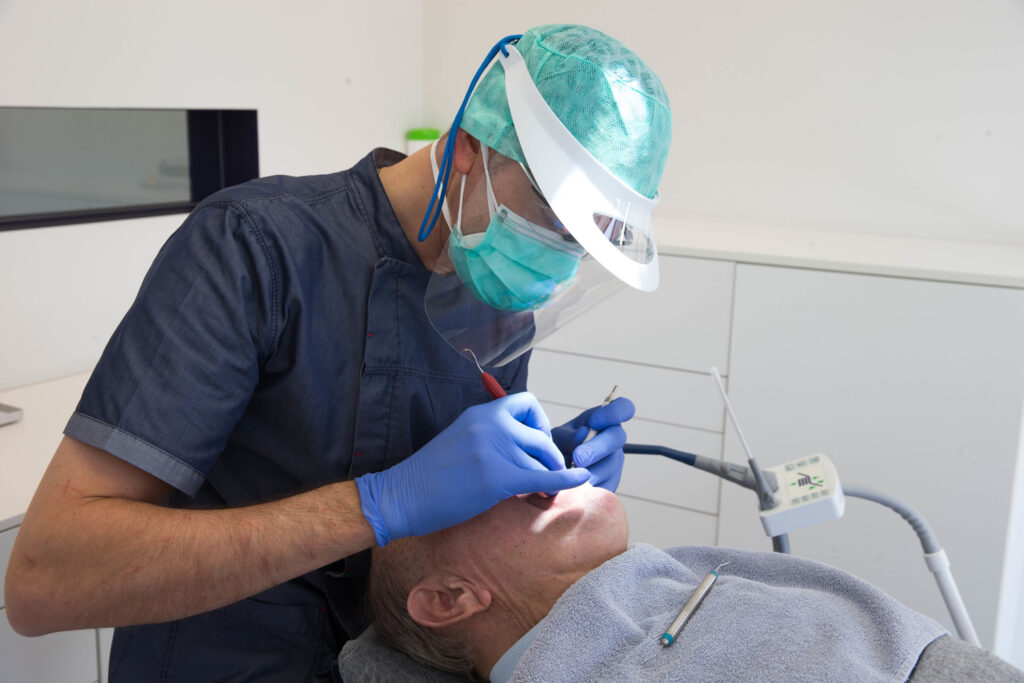Europe had the highest number of oral diseases such as tooth decay or cavities in the world in 2019, according to a new report published by the World Health Organisation (WHO) on Thursday. The organisation calls for urgent action to ensure access to safe, effective, affordable oral health care.
Europe has the highest number of adults with tooth decay (50.1%) of all WHO regions and the second-highest incidence of tooth loss (25.2%). The region also ranks second in the number of new oral cancer diagnoses, which caused more than 26,500 deaths in Europe in 2020. The WHO further noted that 34 of the 53 countries in the European region have no national oral health policy.
The major culprits according to the report are sugar, tobacco and alcohol, while accidents and lack of oral hygiene also play a role. The new report recommends that European countries draw up a new oral health plan with the necessary funding and consider oral health as primary healthcare that needs sufficient healthcare providers. Measures to consume less sugar, including a sugar tax, were also set on the table by the WHO.
IOral health care is mainly offered by private healthcare providers, leaving most patients with high costs, WHO said. Within Europe, 10 countries spent less than $10 per person per year on oral care, while 14 countries spent between $11 and $50. The situation is highly problematic, according to WHO, as it means the people with the greatest need for oral care have the least access to it.
Related News
- Half of Belgians avoid the dentist due to high costs
- Over a third of francophone Belgians put off medical care in 2022
"Untreated cavities and tooth decay can affect people's quality of life at all ages," said Hans Henri P. Kluge, director of WHO Europe. "In young adults, untreated tooth decay can be a major cause of absenteeism. Oral health affects so many aspects of our lives but rarely gets the attention it deserves."

